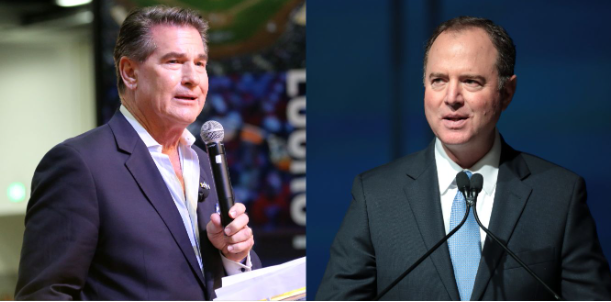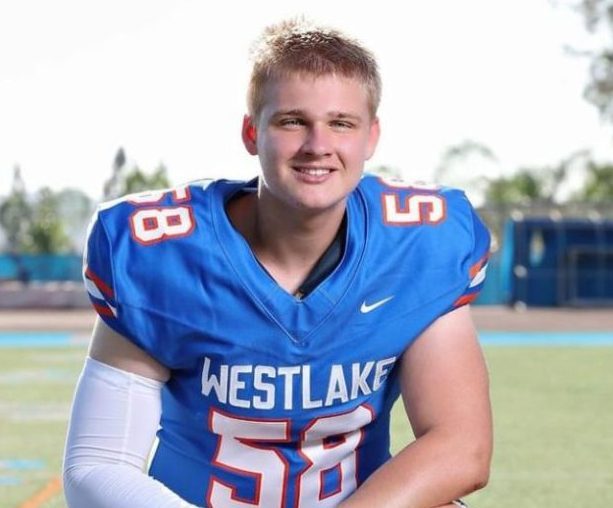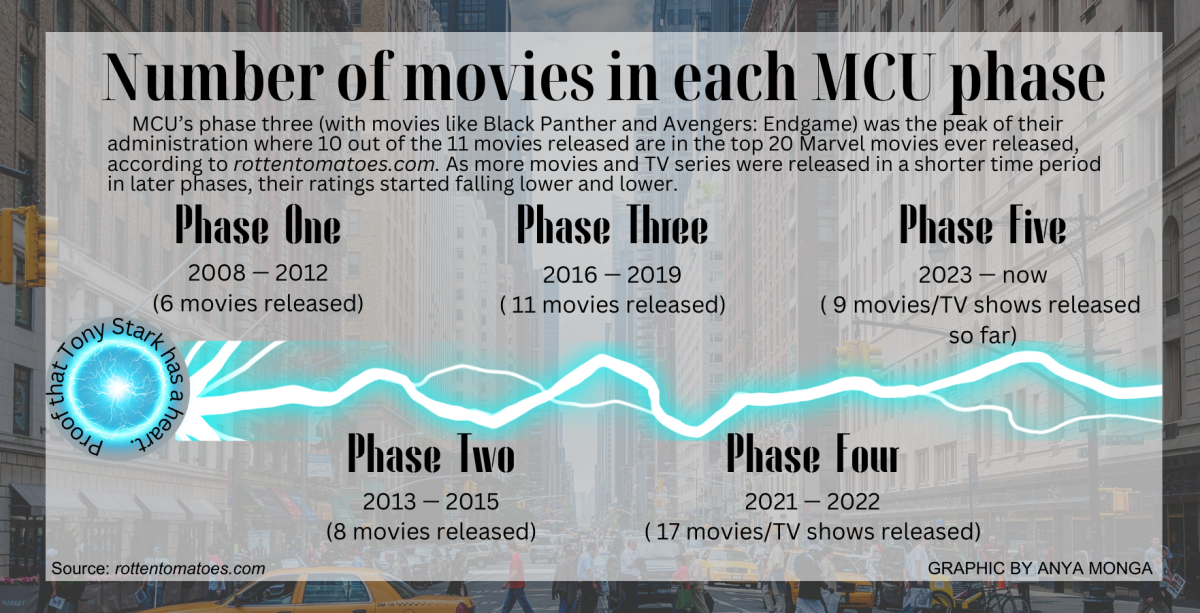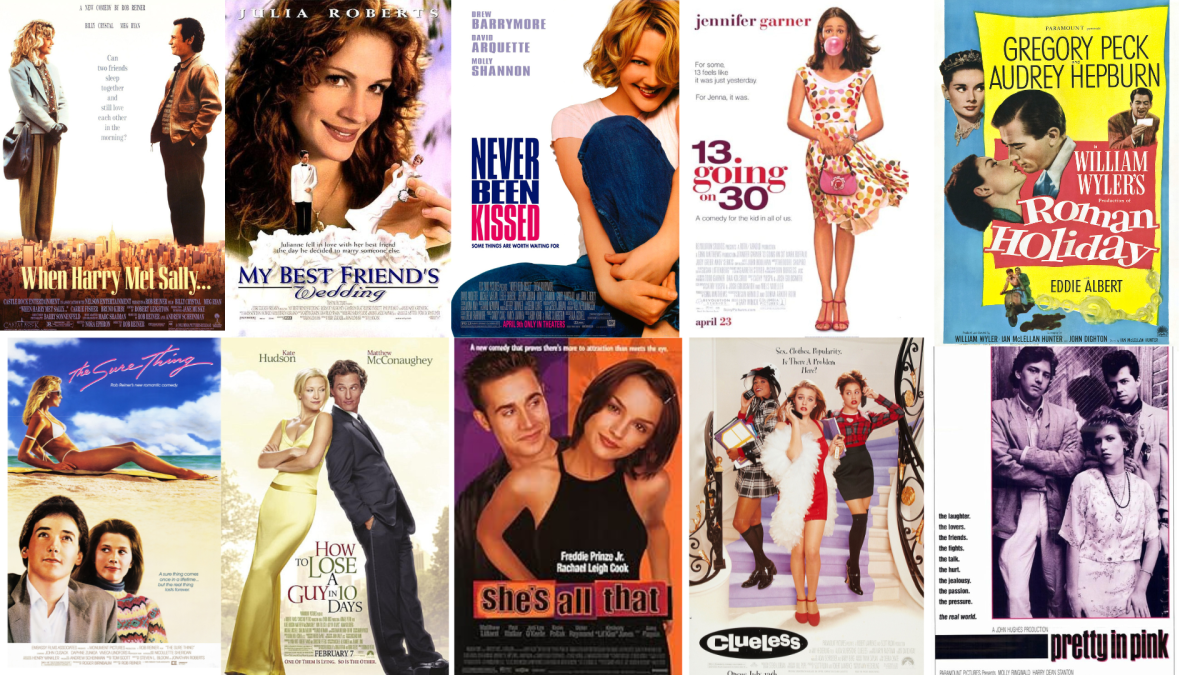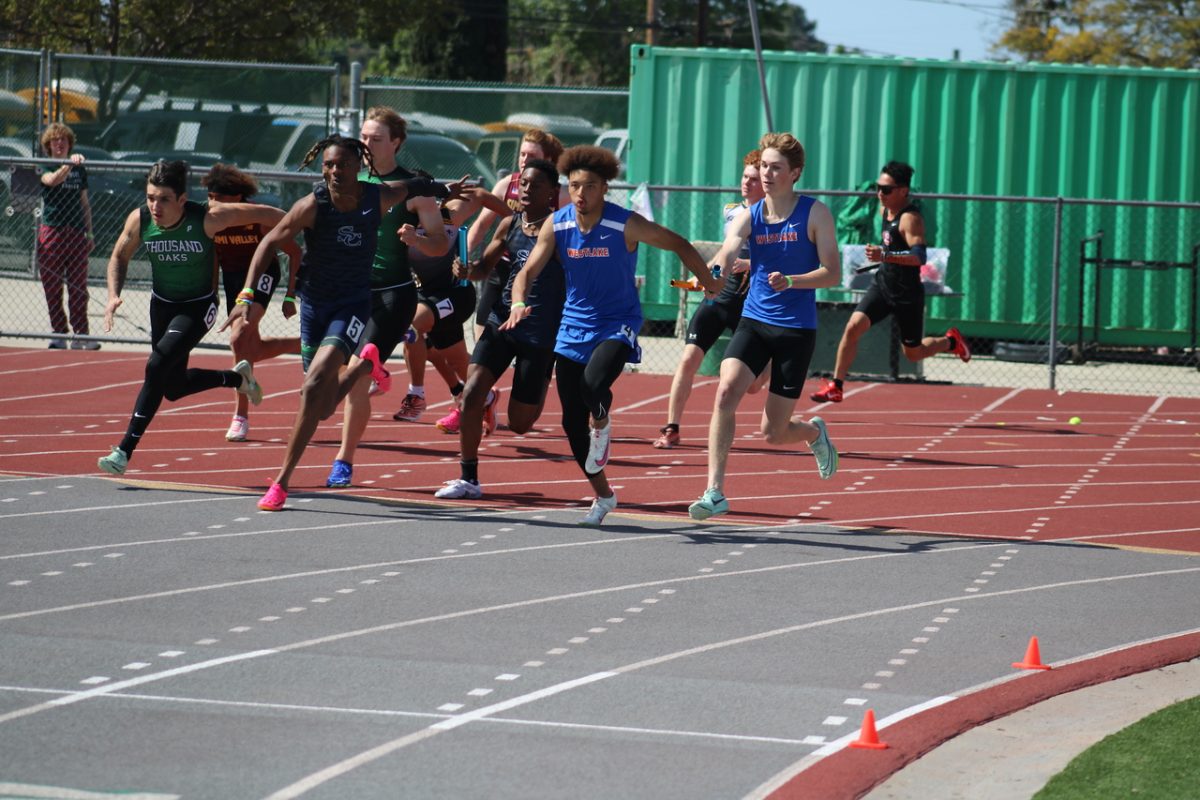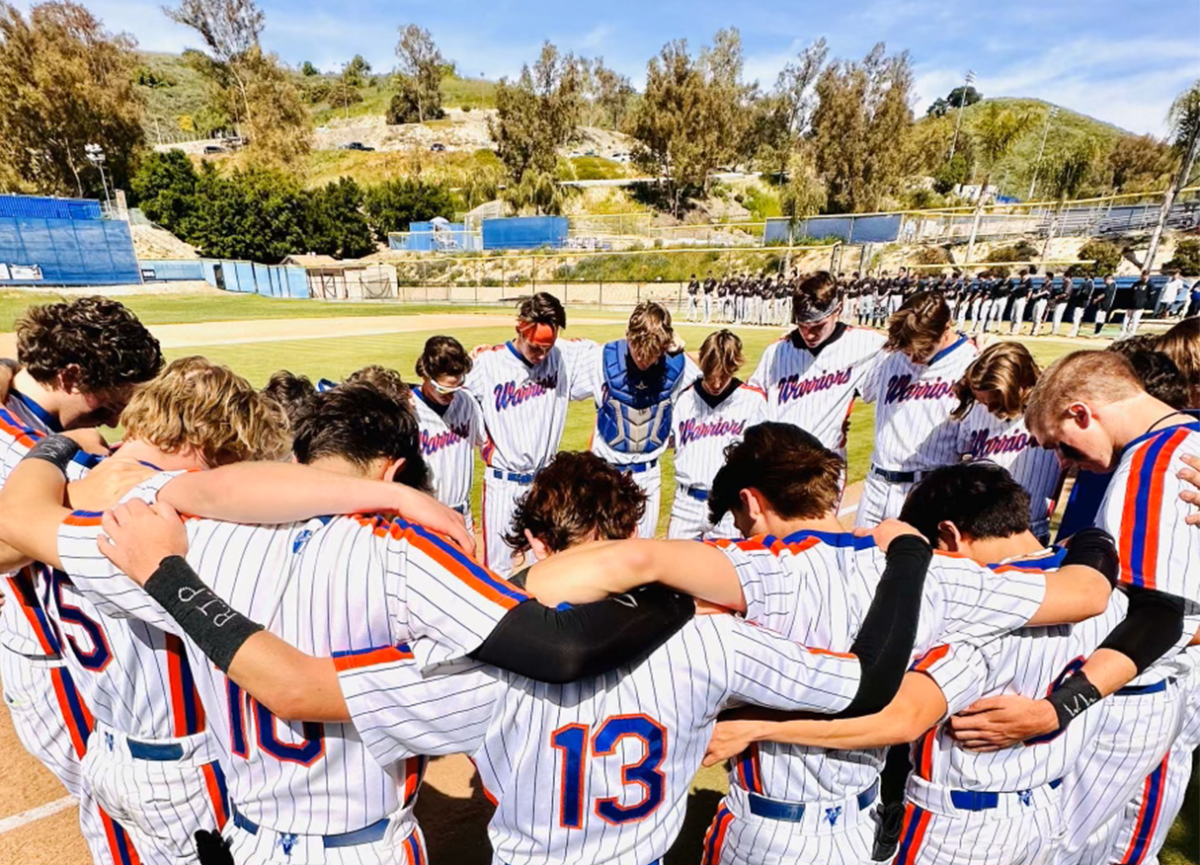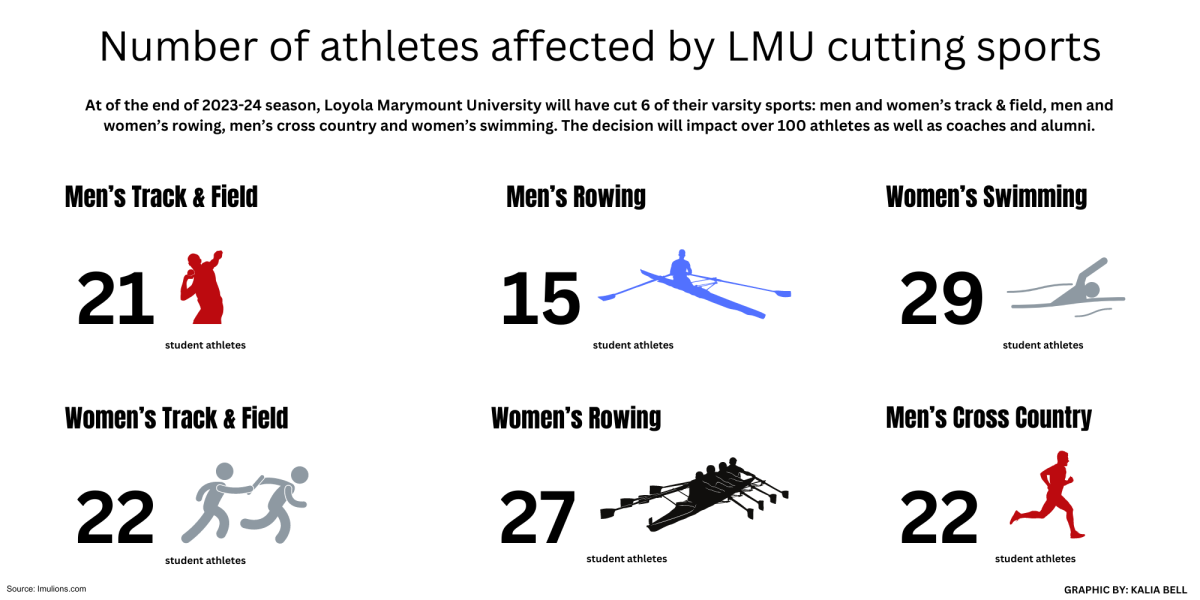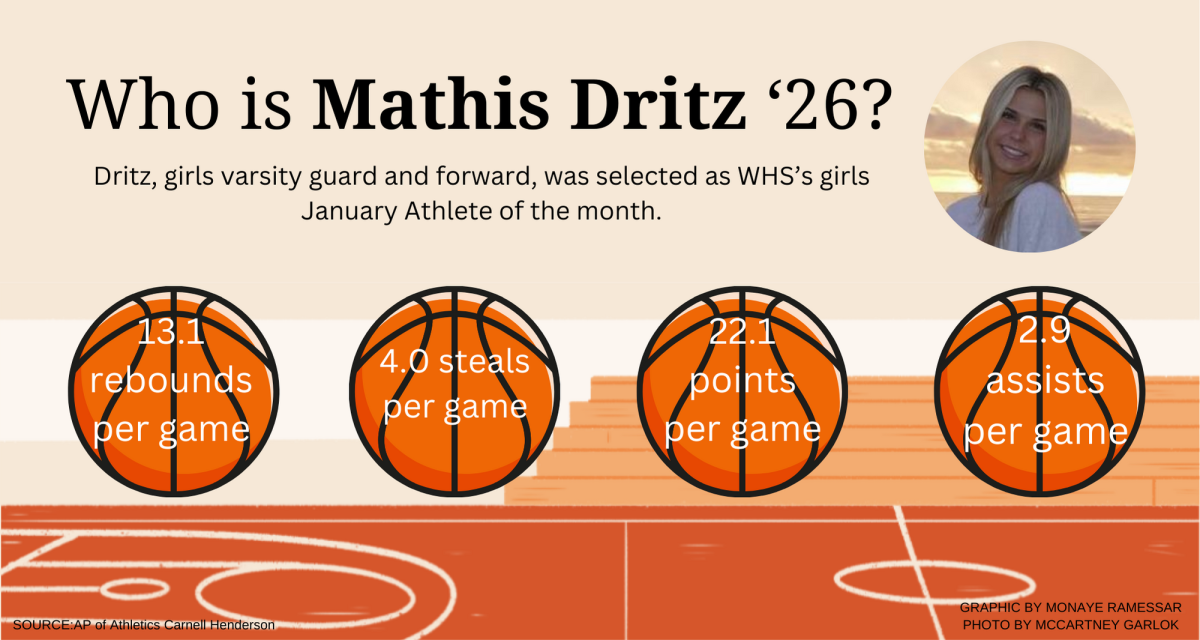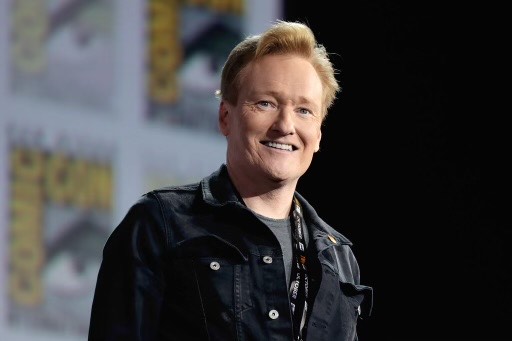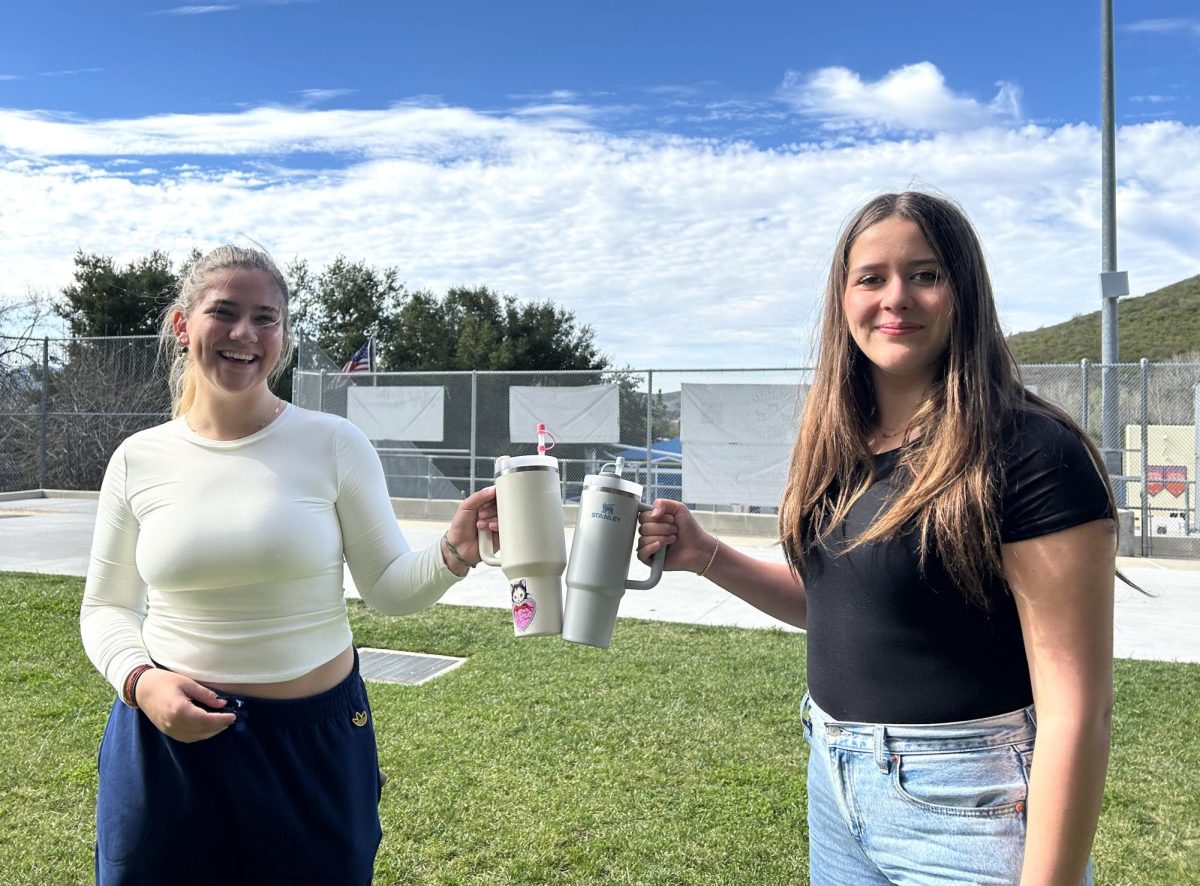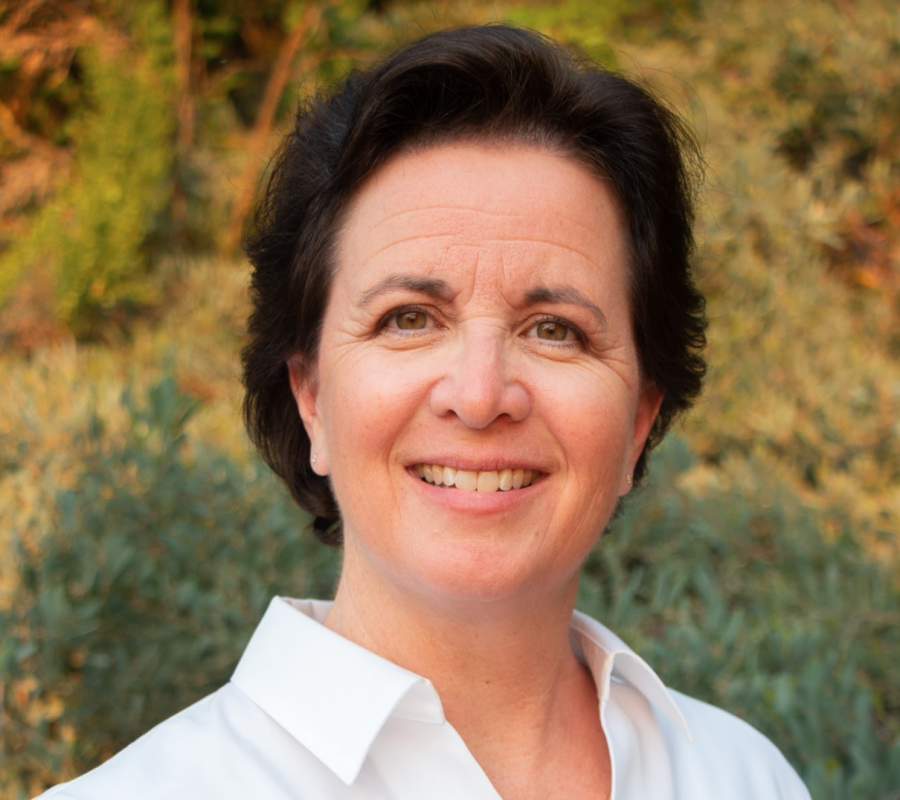Interviewer: So, why are you running for school board and what are some areas of concern you hope to address?
Jones: I kind of watched the school board meetings. I watched the parents’ reactions, kind of talked to the parents and I noticed some concerns. And so, after doing that for a year and a half, I realized that people would benefit from a fresh perspective on the school board and the parents were looking for a fresh perspective, I have a lot of children and you know, I’ve done a lot of work with schools so I felt like I could bring that perspective in a way that would help the parents.
Interviewer: So, multiple candidates have expressed, respectful school board meetings as one of their priorities as they’ve been running, do you have any thoughts on that?
Jones: I mean that’s just a fact, we’re all different, and it’s okay to disagree, but when we disagree, we need to listen to the other people, everybody, respectfully, and then you know we’re gonna have to figure out a way to cooperate and compromise and sometimes that means that we don’t get everything we want.
Interviewer: What are your thoughts on distance learning and do you think there are areas of improvement for the district?
Jones: It’s not the best but I am grateful for, for the teachers giving it their best shot, I really am. They are trying so hard to make this a really great experience…I think the best thing to do is that the parents need to stay involved and need to be positive and we need to just do our best to keep the kids online and feeling actively involved and also try to keep them in touch with their friends, and as best we can without, obviously, you know, getting too close.
Interviewer: And how would you address the issue of some students not having access to the necessary technology outside of school?
Jones: Yeah, I think the schools need to provide as much technology as they can. I think I’m pretty sure that we were given extra funding for that. Like, it was a lot of money. And that extra funding needs to go to support kids, everybody should have access to, to a Chromebook or a hotspot. If they need earphones even that, that should be provided for everybody that doesn’t have one already.
Interviewer: What are some things that you believe the district should be doing to support students and teachers during this time?
Jones: I feel like there needs to be an overall concern for what’s coming in on the dashboard. For example like, you know, how your kids’ grades look, how’s their engagement, you know, are they turning in their work, are they turning it on time, does it look like they understand what’s happening, and really just getting in there and I know it sounds like extra work, but I think it needs to be done because they keep talking, talking about addressing learning loss and really I feel like we need to address it right now.
Interviewer: So how would you feel about reopening schools at this moment?
Jones: I really want to see the elementary kids back in school in cohorts. A and B so divide the campus. The kids in half, so half go in the morning and half go in the afternoon and then a cleaning crew comes in at lunchtime…And then I think just looking at the COVID scale looking at you know rate of infection right now I think just, you know, watching those numbers come down just a little bit more I would get the middle school kids and the high school kids in next, just as soon as those waivers come through.
Interviewer: Thank you. Okay, so another big issue that a lot of candidates have been talking about is the issue of racial equity and kind of a lack of inclusion on campuses. So, as a board trustee, how would you plan on promoting equity and inclusion on our school sites?
Jones: I would love to see everybody recognizing that we’re all there, we’re all just citizens, we’re all just people. And I think what it’s going to take for that to happen is I think we’re going to have to have more conversations about recognizing conscious and unconscious biases…When we teach them to recognize those biases in themselves and to challenge them…you know, the way you think about other people that may be different than you, I want you to think about the way you’re thinking about them and I want you to challenge that thought…I can’t stand microaggressions. You know, it’s just even eye-rolling [or] tongue clicking. They hurt. So I hope, I hope we can have more discussions and just raise awareness and that people will learn, you know, that we don’t shun, that we smile, we’re friendly, we’re kind and we treat everybody like friends.
Interviewer: How do you think the district is currently doing in being able to provide resources for all students to succeed and do you notice any areas of improvement in that area?
Jones: I think we’re doing okay and I do see a lot of room for improvement, especially if you look at some of our scores, it looks like sometimes there are certain groups of kids that are missing a lot of school, and I would want to know why, why are they missing school? Are they sad, or do they feel the school isn’t meeting their needs?
Interviewer: Are you familiar with the English language learner planning program? And if you are, what are your general thoughts about how it’s working within our district, or whether it needs to be improved in certain ways?
Jones: I was looking through the programs available and you know I really just want, like this BreakThrough program, I just really want to know if people are using it and like if it works, like I don’t, I don’t even know if people use the BreakThrough program and then there are others… available for kids like after school. I heard that the kids, the English language learner kids were put into summer school. I want to know how many kids enrolled in that and how they felt about it, like if it was helping at all…there are kids out there that are brilliant, brilliant brilliant people, and just that little extra help with language, that little extra help with homework, makes the world of difference.
Interviewer: What is your thought process when evaluating books for core literature titles?
Jones: What I look for in a piece of literature is I look for major thematic elements, I look for, you know, what motivates the characters and what, you know, what you’re going to learn from this book. Obviously, we look at its reading level, its vocabulary level. And just, you know, just the overall audience reaction. And when you look at all of that you start to get a picture, you get an idea of the quality of the literature…if it’s an empowering piece of literature, and I just want to emphasize ‘empowering’ like it’ll take a person and raise them to the next level, you know they’ve come out of that piece of literature more educated, more focused, more ready to, you know, do better in college and do better in life in general, then I’m going to look at that piece really seriously…that’s what I’m looking for: empowering literature that brings kids to that next level of life.
Interviewer: Do you believe that a diverse set of perspectives is represented in the required core literature list for CVUSD?
Jones: Oh, it’s such a good question. Um, you know, I really feel like I’m just I can’t tell you how grateful I am to Diversify Our Narrative for bringing this up and, and “I really feel like that they’re working on it so I went to the last curriculum review and they introduced two pieces that they’re adding to the literature, and I really want to read both of them to see if they meet those standards that I just said…We need books that are, like I said, empowering and that are also written by, you know writers of diversity that represent different races and different cultures and that give the students a sense of belonging, like, you know, this piece of literature was written by somebody that I identify with.
Interviewer: And how will you as a board member ensure that everybody’s voices are heard in the school curriculum?
Jones: I just love kids and so I’ve mentored kids from every, every kind of situation you can imagine. And what I say to them is, is that you can be whoever you want to be, if you, if you dream it and you believe that you can become it….And you just let their voice be heard, and they will make a difference. I don’t care what their background is, just give them their voice, and then listen, and they make a difference, but you have to listen and you have to empower them and give them their voice.
Interviewer: CVUSD right now is out of compliance with the healthy youth act as a board member, how would you plan to adapt the curriculum to meet those requirements at the primary and secondary level education?
Jones: I don’t know if you’re aware that they already wrote their own curriculum, Mr. Lichtl and some other people wrote their own curriculum, and they presented it and I reviewed every single page, like, I mean I sat down because I am an English major and I do edit, I do. Just read through things really carefully and I read every page and it wasn’t ready. It wasn’t ready yet so I can guarantee you that while they’re working on that I continue to review whatever they give us, and I’ve also looked at other curriculum for the Healthy Youth Act. The important thing is that parents stay involved and they didn’t feel like they’re being included and they did get upset. And so the important thing is just while we’re doing this process while we’re picking new curriculum for the Healthy Youth Act to just make sure that everyone’s rights and opinions are being respected.
Interviewer: What’s your opinion on including LGBTQ and non-binary gender topics into that curriculum?
Jones: Kids who are going through gender dysphoria and are starting for the first time, to experience same-gender attraction, a lot of times they don’t know what’s going on and it can be a little, it’s just disorienting. Some kids don’t like it, some kids, that doesn’t bother them, every kid’s different. And so, just including a curriculum where you just help the kids to understand, you know, what’s happening possibly…kids who are experiencing this need a support group, and they need to feel like people still love them and care about them and they need some explanations going on.
Interviewer: Is it true that in October of 2019 you made a public comment at a school board meeting where you were citing studies on gender dysphoria and talking about teaching kids to accept their own bodies.?
Jones: The statement I made was that my daughter experienced gender dysphoria when she was younger. And she decided to identify as male for three years, and I supported her. I said we’re going to do this together, and we’re going to take it one day at a time.. So when she was 17, she decided she liked being a boy, she’d done it for three years. And she didn’t like it. I said, Oh, okay. I said, What do you want to try being a girl again, and she was like, I like girl clothes…I said how about this. I said why don’t you just be you, and she said why don’t I just be me, and I said why don’t you just ignore everybody that tries to stereotype you, and she’s like yeah, and I said how about you just be yourself. And if people try to pigeonhole you and label you and tell you what you are or you aren’t you can say, Hi, my name is Misha. Let’s be friends.
Interviewer: To clarify, are you against starting to talk about gender identity in school in the K through five?
Jones: You have to let the kid lead the conversation and I’ll tell you why. If you had told my daughter in kindergarten that she may have accidentally been born the wrong gender or accidentally assigned the wrong gender or in some way that she was that something went wrong, she would have been very upset….She said no way, she said, ‘Mom, I was already confused enough if you told me I’d been born in the wrong body I wouldn’t have known what the heck to believe.’ So, that’s what she said. So what you need to do is you need to stop stereotyping kids. That’s what needs to happen, if you start laying down the line well if you like this and you wear that then maybe you’re a boy, or maybe you’re a girl or maybe not. You need to ask the kids so how about this. How about you, let the kid tell you what they like and what they like to be called, and how they prefer to be referred to. And how about [being] really respectful of that…it doesn’t matter, just let them be themselves and, and help them be the best selves and help the other kids to treat them kindly too.
Interviewer: How do you feel about comprehensive sex education?
Jones: We don’t live in a bubble here. So of course I would in my home, and I do recommend abstinence, I do. When you’re in a school setting, you have to talk about everything you just do, because, let’s face it, kids need to know the facts right and so you do you have to talk about everything, but I’d be careful. I would be careful to be respectful of everybody.
Interviewer: What are your thoughts on social-emotional learning in the classroom, like teaching self-awareness self-management, relationship skills, decision making?
Jones: Kids really need to know. Oh, you really need to know how to know, be aware of themselves and, you know, how they’re feeling, and how they’re reacting to situations and how they’re reacting to other people. It’s really, really important and I think also just being aware of your surroundings and how to respond to people, you know you’re going to be met with so many different people at school with so many different personalities and viewpoints and just learning how to respond and learning how to feel confident like being assertive without being rude, is really an important skill.
Interviewer: What is your opinion on CVUSD social-emotional specialized programs such as self-contained classes for students with certain disabilities?
Jones: My daughter was in an inclusion class in another district and all he could talk about how great it was like how great it was for the kids, the mainstream kids how great it was for them. They had 20 kids in the class, 15 of them were the mainstream kids…and the inclusion ones and then the kids were taught to not to just be positive role models but to actually be yours in a way like, you know, can you hold their hand when they’re frightened or can you walk them to this place or can you help them…And so what ends up happening is that all the kids learn to work together as a community which is what you want in adulthood a real-life scenario. And the kids who may have never met somebody that had a special need were now, not only meeting them, but they were learning how to work with them on a very personal everyday level so that in going into adulthood, that that was one of the skills they already had mastered is working with people that were very different that may have a special need and, you know, being considerate and learning how to be friends with somebody that is different than you.
Interviewer: How do you think that the district should best support students struggling with a lot of stress and anxiety surrounding school?
Jones: So sometimes kids need counseling, they need therapy and you know there are counselors at school, but sometimes kids need their own, they need their own therapist, like an outside therapist. Definitely, the kids should be allowed to have access to their own therapist, if, if they do have one and even if that it needs to come on campus but I do think that we need to be providing psychological support or emotional support for kids on campus.
Interviewer: How do you think that we could kind of combat that culture of taking as many AP classes as possible at our school sites?
Jones: I wouldn’t take so many AP classes that you couldn’t sleep right there. Kids are doing that, there’s no time to sleep. There’s no time to spend with your friends, there’s no, you know, there’s no time to relax…it’s okay to be well-rounded, make sure that you know you’re doing something physical, maybe something musical whatever you enjoy but getting sleep at night. I think kids need to get sleep.
Interviewer: Do you think that should be something that’s regulated by the district like how many hard classes you can take or just something that students need to self regulate?
Jones: I’m a huge proponent of letting kids make decisions because they learn, they learn when they decide things for themselves. So what you do is you teach a kid correct principles, and then you let them. You let them govern themselves, you let them choose as long as it’s safe, I should say, as long as it’s safe…So, but really just making those recommendations looking at the amount of sleep they’re getting, like how exhausted they’re getting, how much peer interaction they’re getting, and just saying maybe some recommendations.
Interviewer: What would be your top priority for spending in the district?
Jones: Well I’m always gonna say curriculum. I’m always going to want curriculum, but I have to tell you, I like to keep teachers happy, because I realized that a good teacher is hard to come by. So, I usually say curriculum, I want the best curriculum we can get always, and that’s just me…I definitely make sure that the teachers are given way so that they feel comfortable with, we obviously can’t afford to overpay them, but I want teachers to know that we that we appreciate them and we’re grateful for everything that they do and that there are very few ways that we can actually show our gratitude, and then I’m really glad for the bond money that we’re using to upgrade facilities. I’m so grateful for it and I know there have been a couple concerns about the bond oversight and the reporting and accounting and I really hope that that slipped into that money’s important for facilities and so those are definitely my priorities.
Interviewer: With COVID and everything, how would you address the low funds given for custodial services and cleaning supplies?
Jones: We should have been given funding to help with that for COVID, and I was told that we were getting extra funds specifically to address those issues, the custodian issues and the cleaning issues that would need to be addressed. Because of COVID, there’s going to have to be more cleaning if the kids go back to school.
Interviewer: Why do you think CVUSD is facing a declining enrollment and how do you think you can combat that?
Jones: There are some feelings in the district that their parents’ voices aren’t being heard and that their children’s needs aren’t being met. And I’m working on that. So one of the reasons why I’m running for school board is because of all the parents that have talked to me…I realized that there was definitely a disconnect between the school board and the parents and it was huge…The parents kept getting really upset about the new Healthy Kids curriculum, about the new books being introduced and so I just jumped in to try and review, you know, and try to dispel any misunderstandings or any hurt feelings. Anything I was just trying to bridge the gap and it just wasn’t working and the reason why is because I’m not on the school board, because I was just not, I was just another one of the voices talking in open comments…I have been listening to the parents and I know what their concerns are. They’ve been telling me for the last year and a half. They’re very upset that their voices, they don’t feel like their voices are being heard…and they didn’t feel like their kids were being met and so they went other places and there are other places to go unfortunately.
Interviewer: Do you have any plans on boosting student voices in the district?
Jones: I’m so grateful that we have the SDAC. I am so grateful that we have a student trustee, isn’t that amazing? I’m so grateful that our students come in and speak at the school board meetings. You know what I want the students to know? I want them to know that they’re, they’re almost adults and they have a voice, and that it needs to be heard, and I hope our students would feel like they can come in and speak at the board meetings so that they can write, send messages to the people, the trustees on the school board and I hope they feel like their voice would be heard, if they did speak. I do value the opinions of young people a lot, because I just know that our future is dependent on the people who are in school right now that our future is in their hands.
Interviewer: What is your position on lowering the voting age?
Jones: I would probably keep it at 18, I would think I would want kids to have to finish high school and graduate from high school and have the full and entire education under their belt before they started voting.
